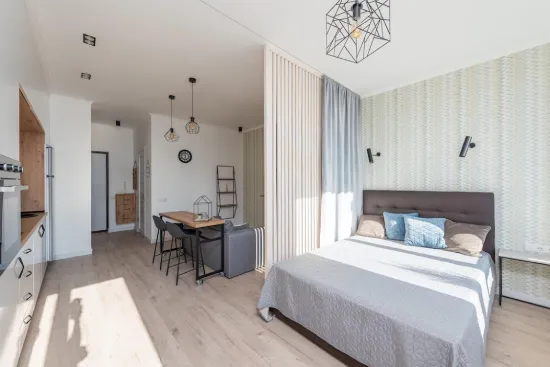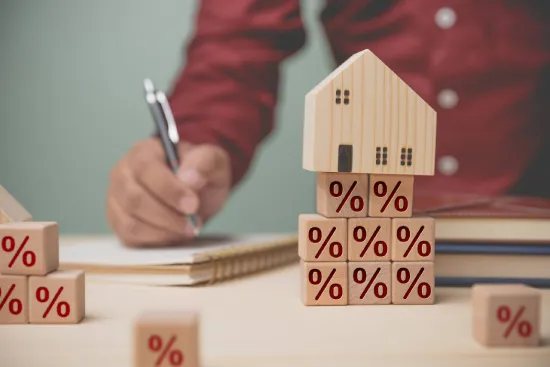Co-op Board in NYC
Co-op boards in NYC have two legal obligations:
- Following the co-op’s internal rules/bylaws. Changes in these bylawsare governed by rules stated in the articles of incorporation (documents from when the building became a co-op), proprietary lease, or the bylaws themselves. The typical procedure to get an amendment, addition, or removal in bylaws approved is to get the board majority. Some co-ops may require all board members (whether on the board or not) to vote on a change in the bylaws and will have a threshold for a majority (like 51% or two-thirds majority).
- Use prudent business judgment when making important co-op-related decisions. This legal obligation is very fluid in nature, but the underlying aim is to ensure that a co-op remains financially viable and comfortably habitable for its residents.
All NYC co-op boards are different, but there are a few commonalities.
- Many co-op boards are made up of older, typically retired individuals that may have more time to spare than young professionals.
- There are usually an odd numberof co-op board members (called directors) to avoid split/deadlock votes.
- Most co-op boards have four positions: President, vice president, secretary, and treasurer. Co-ops with a lot of members and larger boards may have additional roles and positions, whereas smaller co-op boards may only have a president and treasurer. However, all board members have one vote.
What Can You Expect When You Join A Co-op Board?
Time Commitment: Becoming a board member may be a significant time commitment, especially if you are joining as an officer. A typical member may only be required to attend regular meetings, vote on the matters that come before the co-op board, and offer opinions/provide input on matters that are discussed outside of regular meetings (via email, chat, conference calls, etc.). But officers like treasurers that have specific responsibilities need to commit a significant amount of time to their co-op board duties.
Learning Curve: Be prepared to learn and process a lot of information. The first things to learn would be the building specific: Articles of incorporation, bylaws, standard leases, etc. You will also need to learn about the problems the co-op building has and the state of its finances. This will help you make informed voting decisions and allow you to voice educated opinions on the matter. Then there is a lot of secondary learning and research, like deciding which ventilation system to install or what security system may be most feasible in the long term.
Your Opinions and Vote Matters: Even if you are new, remember that your vote counts equally to everyone else. You may not have experience and knowledge of the co-op’s matters that are equivalent to other members of the board, but you may still have a valid opinion on the matters, so don’t be afraid to share it just because you are new.
Conflicting Opinions: Becoming a co-op board member is voluntary work, and residents may have different motivations for becoming a member. Conflicting motivations may result in conflicting opinions. A few board members that always strive to keep maintenance as low as possible may shoot down any building improvement that may increase the value of the property in the long term. Being a part of such a board can be stressful, but they are usually exceptions, not the norm. But it’s still a possibility, and knowing what you are getting into can help you assume a healthy attitude as a board member.
Gaining A Different Perspective: When you are on the board, you will naturally gain a new perspective compared to what you had as a resident of the building. You will realize why it takes so long for the board to make decisions on matters like a new roof, HVAC upgrades, and renovations. You may learn why the co-op board is so stringent about new appliance installations and renovations within co-op units. This big-picture perspective is a natural part of becoming a co-op board member.
Your Expertise and Skills Will be Relevant: The skills and expertise you have may be beneficial for the board and the co-op as a whole. It may be a direct overlap, like financial skills, that can help you offer better budgeting suggestions to the board. But even general skills like negotiation and a good artistic sense will allow you to help the building. You can get better rates and terms from contractors and make renovation/improvement decisions that improve the overall appeal of the building and add value for everyone.
Leading by Examples: Being a co-op board member may give you power and privilege, but it also comes with responsibilities. You will be held to a higher standard for the conduct expected from the residents of the co-op. This includes everything from noise and pets to renovations. As a board member, you will be expected to lead by example.
How To Be A Good Co-op Board Member
A few things that can help you become a good co-op board member are:
- Becoming well-versed in building bylaws, finances, and problems.
- Dedicating additional time and effort to developing knowledge and skills to help you better manage a building. There are courses and free resources for co-op board members.
- Lose the “activist” mentality when you become a board member and try to see the big picture. If you only apply yourself to issues you are passionate about, you will become a dead weight for the board relatively soon.
- Common sense and empathy will be your greatest allies. Understand that most of your peers (board members) are reasonable people with an underlying common goal – improvement and good management of the property. So if you present good opinions in a reasonable way, you may be able to achieve positive change.











